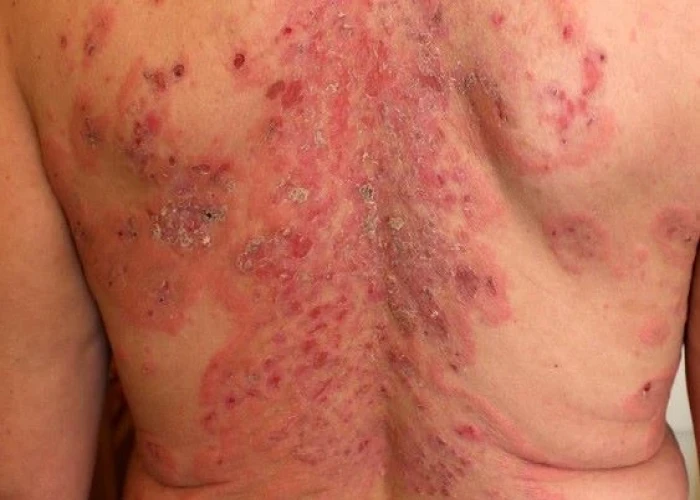 Welcome
Welcome
“May all be happy, may all be healed, may all be at peace and may no one ever suffer."
Pemphigus
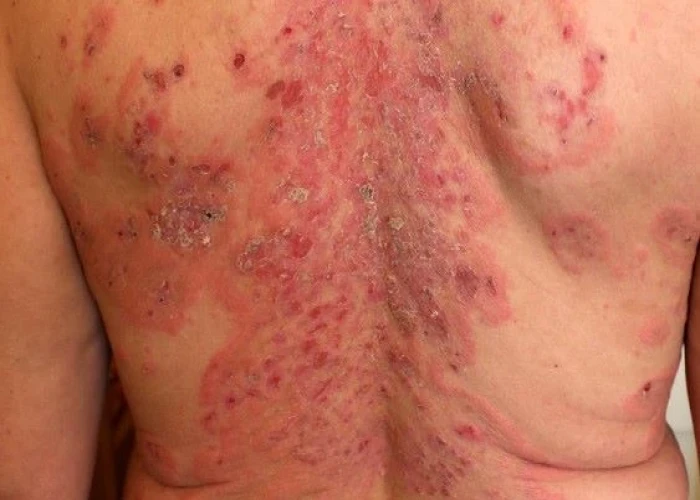
Pemphigus is a group of rare autoimmune disorders that affect the skin and mucous membranes. It is characterized by the development of blisters and erosions on the skin, mouth, nose, throat, eyes, and genitals.
There are several types of pemphigus, including:
- Pemphigus vulgaris (PV) - the most common type, characterized by painful blisters and erosions on the skin and mucous membranes, especially in the mouth and throat.
- Pemphigus foliaceus (PF) - characterized by superficial blisters and erosions on the skin, particularly on the scalp, face, and chest.
- Paraneoplastic pemphigus (PNP) - a rare form of pemphigus that is associated with an underlying cancer.
- IgA pemphigus - a rare form of pemphigus that is caused by the deposition of IgA antibodies in the skin and mucous membranes.
Pemphigus is caused by autoantibodies that attack and destroy the intercellular adhesion proteins that hold skin and mucous membranes together. The exact cause of the autoantibody production is unknown, but genetic, environmental, and immunological factors may play a role.
The diagnosis of pemphigus is typically made by a dermatologist or other skin specialist through a physical examination, biopsy of the affected skin or mucous membrane, and blood tests to detect the presence of autoantibodies.
Treatment of pemphigus involves the use of immunosuppressive medications to reduce the production of autoantibodies and control the symptoms. High-dose corticosteroids, such as prednisone, are often used initially, followed by other immunosuppressive medications, such as azathioprine, mycophenolate, or rituximab.
Early diagnosis and treatment are important to prevent the progression of the disease and the development of complications, such as secondary infections and sepsis. Long-term management of pemphigus may require ongoing medication use and regular monitoring by a healthcare professional.
Research Papers
Disease Signs and Symptoms
- Blisters
- Skin sores, bruising or rashes
- Mouth sores
- Itching
Disease Causes
Pemphigus
Pemphigus is an autoimmune disorder. Normally, your immune system produces antibodies to fight off harmful invaders, such viruses and bacteria. But in pemphigus, the body produces antibodies that damage cells of your skin and mucous membranes.
Pemphigus isn't contagious. In most cases, it's unknown what triggers the disease.
Rarely, pemphigus is triggered by the use of angiotensin-converting enzyme inhibitors, penicillamine and other drugs.
Disease Prevents
Disease Treatments
Treatment usually begins with medications that are intended to suppress blister formation. It's generally more effective when it begins as early as possible. If use of a drug triggered your condition, stopping use of it may be enough to clear up your pemphigus.
Medications
The following prescription medications may be used alone or in combination, depending on the type and severity of your pemphigus and whether you have other medical conditions:
- Corticosteroids. For people with mild disease, corticosteroid cream may be enough to control it. For others, the mainstay of treatment is an oral corticosteroid, such as prednisone pills.
- Using corticosteroids for a long time or in high doses may cause serious side effects, including diabetes, bone loss, an increased risk of infection, stomach ulcers and a redistribution of body fat, leading to a round face (moon face).
- Steroid-sparing immunosuppressant drugs. Medications such as azathioprine (Imuran, Azasan), mycophenolate (Cellcept) and cyclophosphamide help keep your immune system from attacking healthy tissue. They may have serious side effects, including increased risk of infection.
- Other medications. If first-line drugs aren't helping you, your doctor may suggest another drug, such as dapsone, intravenous immunoglobulin or rituximab (Rituxan).
Many people get better with treatment, although it may take years. Others need to take a lower dose of medication indefinitely to prevent their signs and symptoms from returning. And some people need treatment in a hospital — for example, to care for severe or infected sores.
Disease Diagnoses
Disease Allopathic Generics
Disease Ayurvedic Generics
Disease Homeopathic Generics
Disease yoga
Pemphigus and Learn More about Diseases
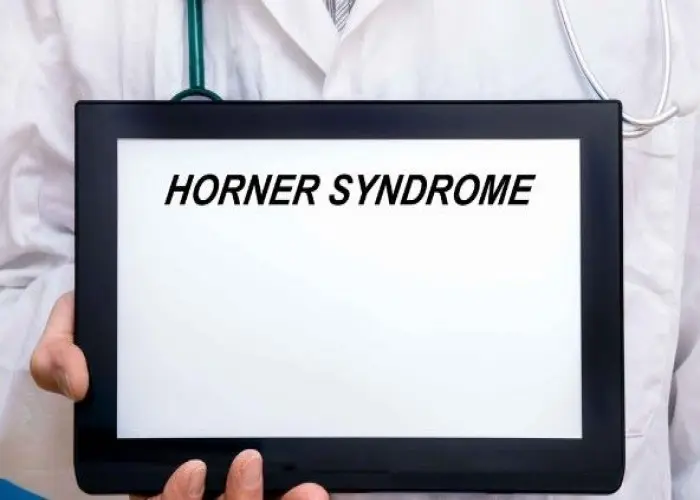
Horner syndrome
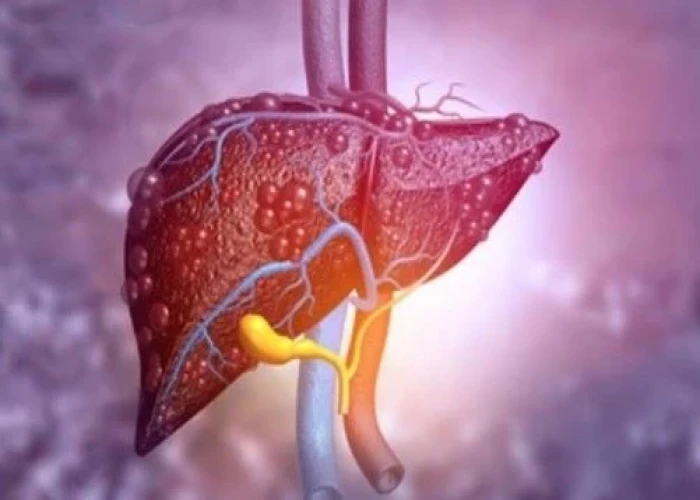
Primary sclerosing cholangitis

Restless legs syndrome

Pectus excavatum
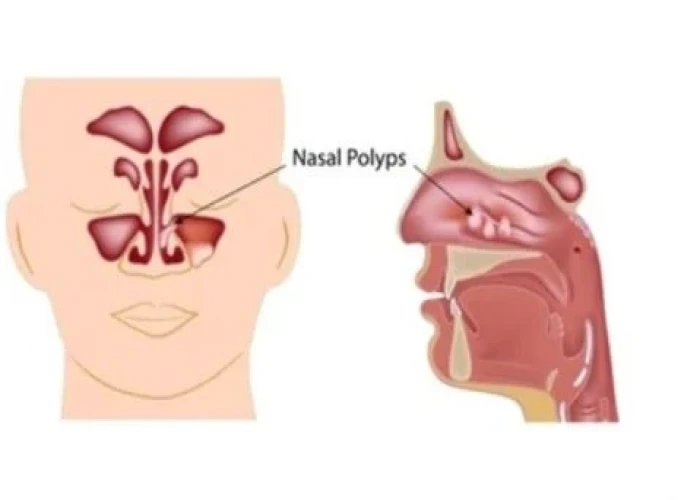
Nasal polyps

Breast cancer
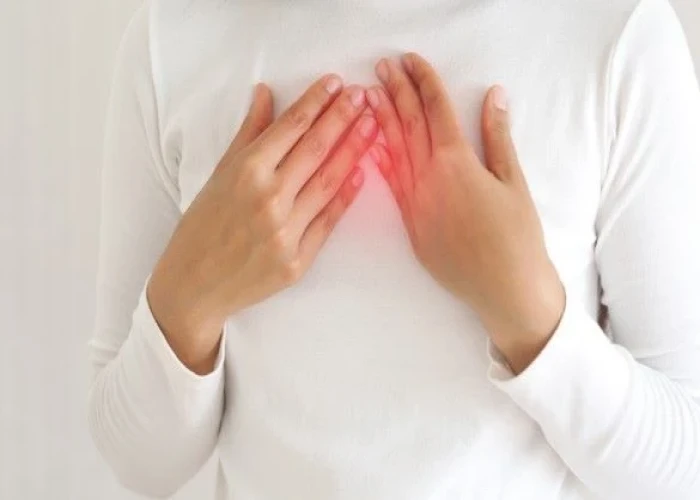
Pectus carinatum

Klinefelter syndrome
pemphigus, পেমফিগাস
To be happy, beautiful, healthy, wealthy, hale and long-lived stay with DM3S.
